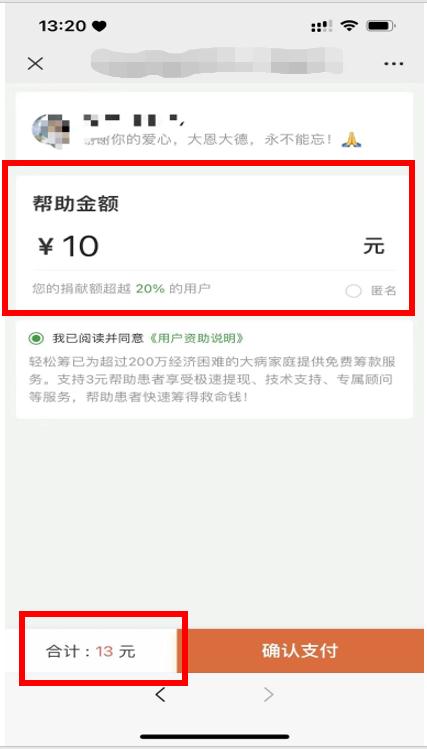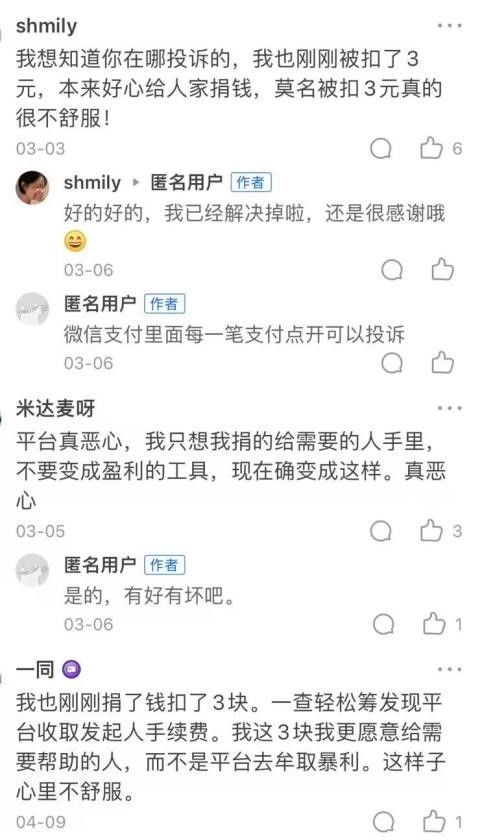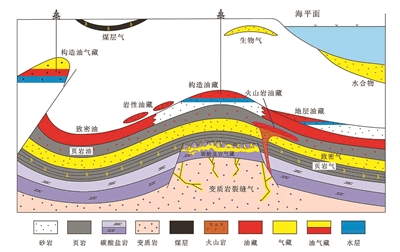Yu Dazui’s boasting is endless, so don’t blow up the reputation of Ren Laozi.

Wen | Jiangcheng Thunder Less
Edit | Maruko
Yu Chengdong has obviously not been greatly influenced by the so-called "investigation", and the flamboyant marketing style continues to blow away. At this rate, don’t blow the reputation of the old man.
You see, the reputation of a generation of well-known entrepreneurs, Gree Dong Dajie, was not destroyed by the mouth of a free classmate. Huawei should be vigilant!
"In 2022, Huawei will challenge the goal of annual sales of 300,000 vehicles and surpass BBA to turn Tesla", "Ask M9 to redefine the standard of luxury cars within 10 million" … …
After all kinds of hype and marketing gimmicks from M5, M7 and M9, Yu Chengdong, managing director of Huawei and chairman of BU, a smart car solution, continued his grandiose manner and showed no signs of convergence.
01
Smart S7, better than Tesla and Porsche.
At Huawei’s Smart World S7 and Huawei’s Full Scene Conference held a few days ago, Yu Chengdong, as always, blew himself up with all kinds of bragging and crazy diss friends.

It is hard to blow the intellectual S7 developed by Chery Automobile, which is called a "sister car" with the Star Road Star Era ES, to the height that the product strength is enough to crush a million luxury cars."Better than Excellence"Yu Dazui’s words are not surprising and endlessly emphasized.
With all due respect, I really can’t stand watching Yu Dazui’s so many press conferences. It is estimated that Dr. Gao Xinhua, who has been engaged in automobiles for 30 years and has a solid background in science and technology, is a little ashamed to sit under the stage and listen … …
Why, it should be said that in the past two years, Huawei Yu Chengdong has found a third-and fourth-tier marginalized brand, Sailis, to jointly establish an AITO brand, and Huawei’s various arrogant Sailis stood behind the scenes and silently "OEM" and talked less;
Now it’s the turn of Chery Automobile, the "independent elder brother". Chery is not a marginal brand and a soft persimmon, and in recent two years, it has been a group with a rapid rise. On the matter of building a car, Huawei has a big mouth. In front of Chery and Dr. Gao Xinhua, isn’t it teaching fish to swim?
Standing in front of Gao Xinhua, a senior technical school, Yu Chengdong, who is so crazy and boastful that he doesn’t make a draft, can lose face because of his sales background. He has to worry about the feelings of the old drivers and Dr. Gao in the off-line media. Don’t you treat the audience and consumers as fools?
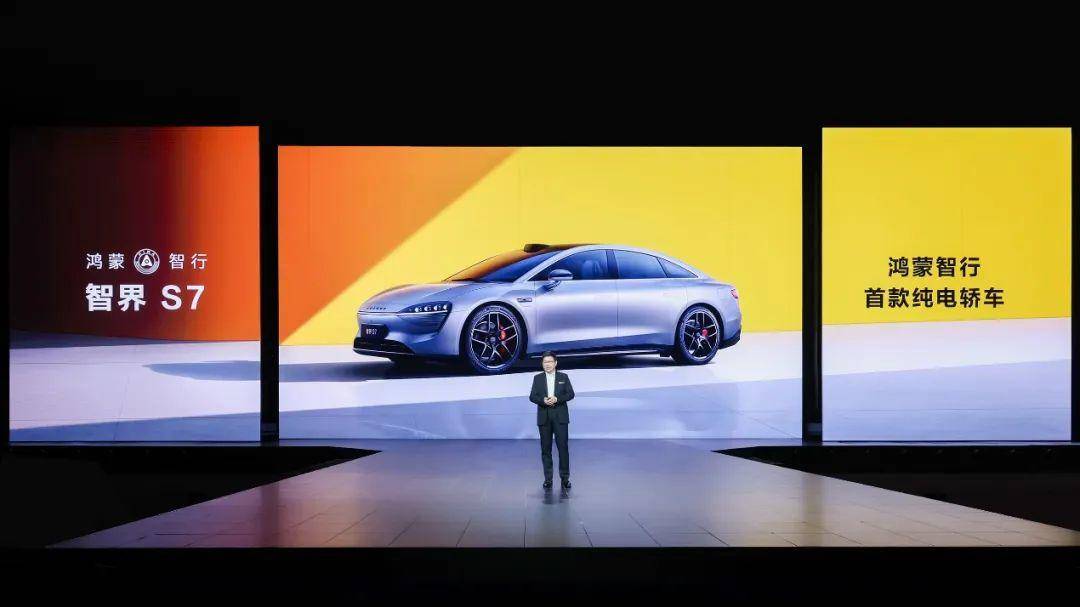
Huawei Yu Chengdong continues to blow the intellectual world S7.
I would like to ask, Star Road Star Era ES is a few pounds, and the same platform has been changed to a standard painting and altered, and it has been handed over to the intellectual S7, which is marketed and sold by Huawei’s Yu Dazui team. Can Dr. Gao Xinhua be unclear? !
Don’t talk about the great disparity in brand factors. No matter how big the disparity is, the product strength will not be comparable to that of millions of luxury cars. In the end, it can only be priced at 200,000 to 300,000 yuan. Besides, the brand premium of Qiruixingtu can’t be played. Isn’t there a world-renowned brand Huawei that is far ahead?
Why did Huawei’s Yu Chengdong team only dare to sell it for 200,000 to 300,000 yuan in the end?
This is unscientific, and it doesn’t conform to the consistent pricing style of Huawei products. Don’t tell me that Huawei’s brand premium has reached the automotive industry, and it doesn’t work. The younger generation of consumers who are increasingly capable of independent thinking and judgment don’t buy it.
In fact, today’s younger generation of consumers and the corresponding huge new energy automobile market in China, the so-called premium right and pricing system firmly controlled by joint venture brands and luxury car giants in the past can’t be said to have completely failed and collapsed, but at least it is becoming loose and useless to the naked eye.
Weilai, Ideality and Tucki, which have no brand foundation and historical accumulation, can still sell for 300,000 to 400,000 yuan or even more if the products are ready, and they can also applaud and make a lot of money, which is enough to show:
Today’s market and the main consumer groups have become more knowledgeable and pragmatic. Even if your products are new forces and brands, you will still pay the bill, and vice versa!

Yu Chengdong’s initial explosive boundary M5.
This also explains why BBA, which was invincible in the past and could be paid a premium of tens of thousands or hundreds of thousands by the logo, was voted as a "brand-name car" by the market and consumers in the era of electrification.
02
Young people are not easy to fool, and the threshold for cowhide explosion is lower.
Perhaps after experiencing the painful lessons of M5, especially M7, Huawei and the Yu Chengdong team are also deeply aware of this huge change point — — Young people are becoming more and more intelligent, rational and sober, leeks are getting harder to cut, and wool is getting worse and worse!
Therefore, we can see that not only has the new model M7 been greatly reduced in price, but this time Huawei and Chery have jointly built a packaged intellectual S7. Even though Yu Chengdong continues to brag and shout wildly, what products are more powerful than millions of luxury cars such as Tesla Model S and Porsche Taycan, but his actions and body are honest enough to betray himself.
24.98— 34.98Ten thousand yuan, Huawei Yu Chengdong in order to try its best to point out the intellectual S7, is also a spell, this starting price is even lower than the previous blind starting price of Star Road Star Era ES.

Yu Chengdong announces the price of Zhijie S7.
Of course, the traders of Xingtu brand are not stupid, and there is still some self-knowledge. After the blind booking price of 260,000-360,000 yuan was madly sprayed and ridiculed by netizens, the starting price of pre-sale at Guangzhou Auto Show has been lowered to 248,000 yuan not long ago. It is expected that there will be surprises in the official listing price and rights.
Otherwise, the intellectual S7 possessed by Huawei’s aura and boasted by Yu Chengdong, forced by reality, only dare to sell this price. How can we play the Star Road Star Era ES with similar price?
It’s just that for the old car owners and the younger generation of consumers of the series, after two years of Yu Chengdong’s over-exaggerated wind output and "harvested IQ tax", who in TN will continue to listen to Yu Dazui’s boasting and not making a draft, for the so-called"Chinese content"How about paying the bill?
By the way, thanks to Yu Chengdong’s super-flamboyant marketing style, many users of Huawei mobile phones and digital products on the Internet directly denounced:
"Because one person has begun to dislike Huawei", "Huawei will eventually be ruined by Yu Dazui" and "Huawei’s reputation as the old man Ren Zhengfei will be defeated by this Yu Dazui" … …
Fun observation:
Before, Huawei’s rotating chairman Xu Zhijun, Meng Wanzhou and other senior executives publicly reiterated in front of cameras and reporters that Huawei did not build cars, and almost "criticized" Yu Dazui by his first name!
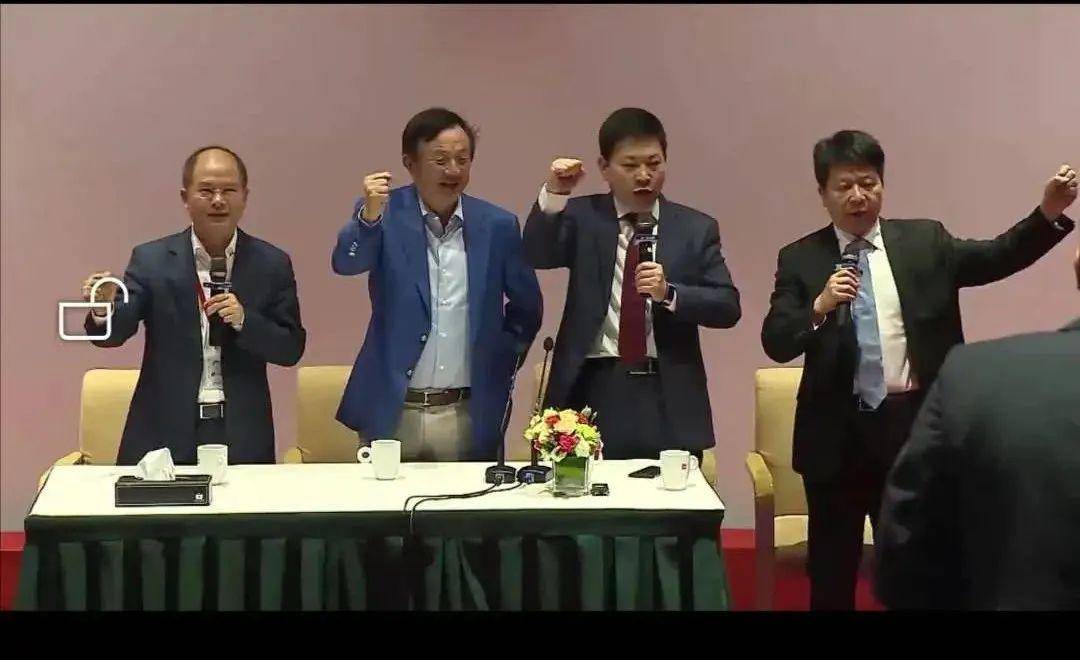

Ren Zhengfei, the founder of Huawei and a practical entrepreneur.
Call a spade a spade, saying that Yu Dazui, regardless of his willful acting style and grandiose manner, may damage Huawei’s brand image, which has been accumulated hard. Therefore, the company is "investigating" it internally.
Looking at it now, Yu Chengdong is obviously not affected by the so-called"investigate"Too much influence, flamboyant marketing style continues to blow, at this rate, don’t blow the reputation of the old man.
You see, the reputation of a generation of well-known entrepreneurs, Gree Dong Dajie, was not destroyed by the mouth of a free classmate. Huawei should be vigilant!

